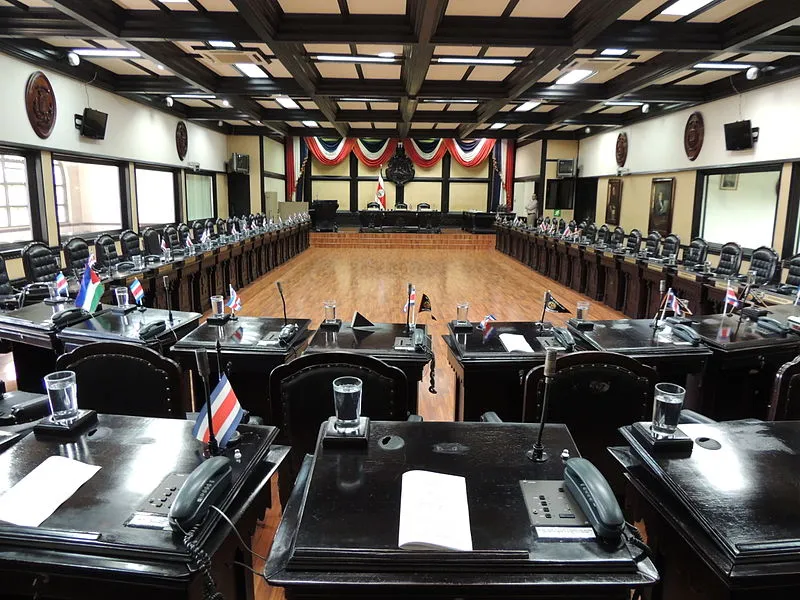Procuraduría Clarifies Powers of Investigative Commissions
Through an official legal opinion, the Procuraduría General de la República (PGR) illuminates for Ada Acuña Castro of the Partido Progreso Social Democrático (PPSD), the powers endowed to investigative commissions within the Legislative Assembly.
Legislative Due Process: Seeking the Right Mechanism
Acuña, a member of multiple legislative commissions, sought clarification from the State advisory body on the precise mechanism within “legislative due process” for informing a witness about their right to legal representation during legislative hearings.
Disagreements Amid Investigative Commissions
As a member of two potent legislative commissions – the Special Forum on Public Revenue and Expenditure Control and another probing the funding of political parties during the 2022 electoral campaign, Acuña has faced disagreements regarding regulatory management within these parliamentary forums.
Witnesses’ Right to Legal Counsel: Questions Answered
One of Acuña’s queries pertained to whether a witness should be informed of their right to legal counsel and whether such a right is integral to the legislative due process. Furthermore, she questioned if it is sufficient for a legislative technician to inform the witness of their right to legal assistance.
Constitutional Clarity on Commission Powers
Responding, Procuradora Silvia Patiño Cruz emphasized that the powers of investigative commissions are constitutionally defined under Article 121, Section 23. This provision allows commissions to investigate any matter of public interest, with unfettered access to all official dependencies for data collection and the authority to summon and interrogate individuals.
Witness Not Accused: Significant Distinction
Addressing Acuña’s specific inquiries, the PGR clarified that individuals are summoned as witnesses, not as accused persons, contributing crucial data to aid investigations. They underscored that witnesses are entitled only to rights pertinent to their witness status, not due process rights.
Fundamental Rights Must Be Upheld
Citing precedent from the Constitutional Chamber, the PGR stressed that while witnesses do not enjoy due process rights, their fundamental rights— including the right against self-incrimination and the right to legal counsel — must be safeguarded.
Accompanying Lawyer: An Essential Right
The legal opinion highlighted that it is technically incorrect to speak of due process in investigations conducted by special commissions. Nonetheless, the guarantee of legal counsel must be upheld, with witnesses adequately informed of this constitutional right, regardless of the informing mechanism.
Effective Communication: The Essence of Right Protection
Patiño noted that the effectiveness of informing witnesses about their rights is not dependent on the formalities of communication but rather on whether the individual has indeed been informed of these constitutional guarantees. Whether through a simple phone message or another medium, as long as the witness is informed, their legal rights are protected.
Understanding the Nuances of Legal Procedures
In its conclusive response to Acuña, the Procuraduría maintained that there’s no nullity for nullity’s sake. For true nullity to occur, substantial formalities must have been omitted during the process, underscoring the delicate balance and understanding required in navigating these legal waters.

